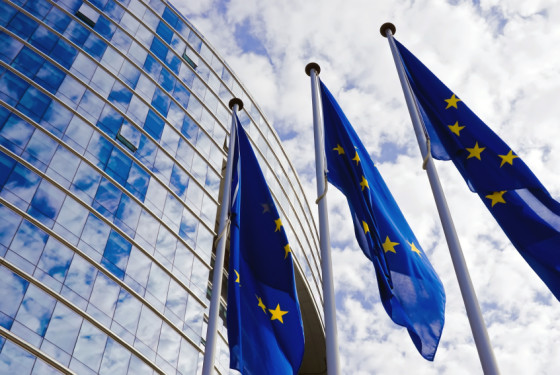TACs and quotas
Current fisheries management systems are predominately based on quotas and Total Allowable Catches (TACs). These and many other regulations of EU fisheries are decided at the Fisheries Council meeting and are based on proposals from the Commission.
At the Fisheries Secretariat we aim to influence decisions in the Council of Ministers and European Parliament through briefings produced jointly together with other NGOs. Our briefings provide analysis and comment from an environmental perspective on fishing quotas and other proposals on the Fisheries Council agenda.
TACs, quotas and fisheries management
Current fisheries management systems are predominately based on quotas and TACs, where a quantity of a species (usually specified in tonnes) is allocated to a country, state and/or individual operator. This system is often complemented by or replaced with an effort system, specifying the amount of activity at sea allowed, usually expressed as “days at sea” or “kilowatt days”.
TACs and many other regulations of EU fisheries are decided by fisheries ministers at the Fisheries Council meeting. These decisions are based on proposals from the Commission, which seeks scientific advice from two main bodies:
- The International Council for the Exploration of the Sea (ICES)
- The Scientific, Technical and Economic Committee for Fisheries (STECF)
The Baltic TACs are generally set at the October Fisheries Council meeting, while TACs for the majority of other EU fishing quotas are usually agreed at the December meeting. Quotas for a long line of vulnerable deep-sea species, particularly sharks and rays, are decided every other November and set for two years.
Last updated: February 10, 2021
Recent publications
Recommendations to the EU on the setting of fishing opportunities for ...
September 15, 2023
The 19 NGO signatories of this document wish to present our recommendations on the setting of fishing opportunities for 2024,...
Joint NGO feedback to the European Commission on the “Sustainable fish...
August 4, 2023
Joint response to the European Commission’s public consultation on the progress towards achieving more sustainable fisheries, the state of fish...
Joint NGO recommendations on Baltic Sea fishing opportunities for 2024
June 19, 2023
The Baltic Sea ecosystem is in severe distress and the major commercial fish stocks have never been in worse condition. In...
Joint NGO recommendations on Baltic Sea fishing opportunities for 2023
June 15, 2022
In October 2022, EU fisheries ministers will agree on fishing opportunities in the Baltic Sea for 2023. As the deadline to...
